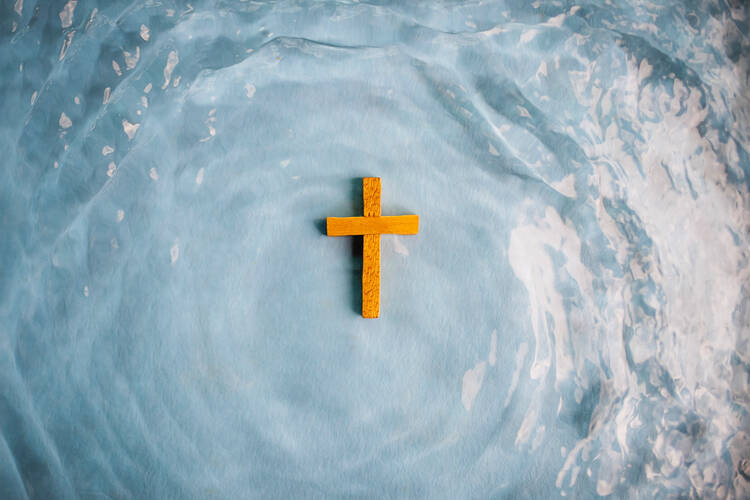A Reflection for Friday of the Third Week of Advent
Find today’s readings here.
“[John] was a burning and shining lamp, and for a while you were content to rejoice in his light. But I have testimony greater than John’s.” (Jn 5: 35-36)
The son of a priest, John the Baptist was called to abandon the high station of the priestly life and go down in the world. He went to the actual wilderness and drew to himself people whose lives had gone to a moral wilderness. He had few material goods and so attracted the tax collectors and prostitutes whose lives were bereft of spiritual goods. John lived on the edges of respectable society—the animal skins, the locusts—and was revered by people who lived on the edge of personal respectability.
Is he meant to be emulated? Are we called to be “a burning and shining lamp” like him in quite literal ways, giving up everything, living on the borders of an eternally compromised society, blasting the world with the uncomfortable truth? Henry David Thoreau went to the woods “to live deep and suck out all the marrow of life, to live so sturdily and Spartan-like as to put to rout all that was not life.” Was Thoreau a sort of milder, 19th-century John the Baptist, calling out the cluttered American life?
John the Baptist lived with nothing, and that nothing freed him up to speak the truth all the more plainly.
Perhaps a better example is St. Elizabeth of Hungary. The daughter of royalty and the wife of a German ruler, she fed, clothed and defended the poor tirelessly. After her husband died, she, too, went down in the world. She left her castle to live austerely and serve the peasantry in order to conform her life utterly and completely to Christ.
John the Baptist lived with nothing, and that nothing freed him up to speak the truth all the more plainly. Give your tunics to the poor. Do not take more than what you need. Stop extorting. Confess your sins. Repent. Shed your material possessions and stop your moral crimes.
John does not call us to reform our lives for reform’s sake. In the end, his life and works were all about Christ, whose testimony was even greater than his. John the Baptist demands we empty our internal dwellings of the clutter of sin, so as to prepare them for the abundance of Christ.








